Major fashion retail companies including H&M, Inditex/Zara and M&S are collaborating to develop business solutions that protect frontier forests, including Canada’s Boreal, the Amazon and forests in Indonesia, under the CanopyStyle Leaders initiative. Their aim is to shift supply chains away from endangered areas and focus on scaling innovative fibres by recovering textiles from former waste streams.

So what?
According to the campaign organisation Canopy, more than 150 million trees are logged each year to create cellulosic fabrics, such as viscose, in a chemically intensive process that wastes 70% of the tree. Meanwhile, processes to recycle post-consumer cotton fibres are being commercialised by the likes of Evrnu in the US and Finland’s Infinited Fiber. Currently, 97% of the global fashion industry’s fibres come from virgin stock, with 12% of all fabric recycled, and less than 1% recycled in a closed loop.





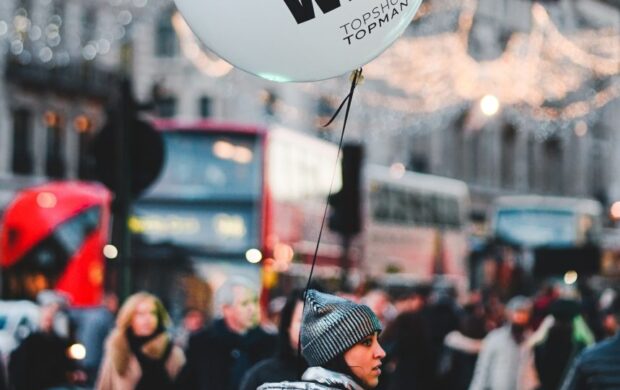
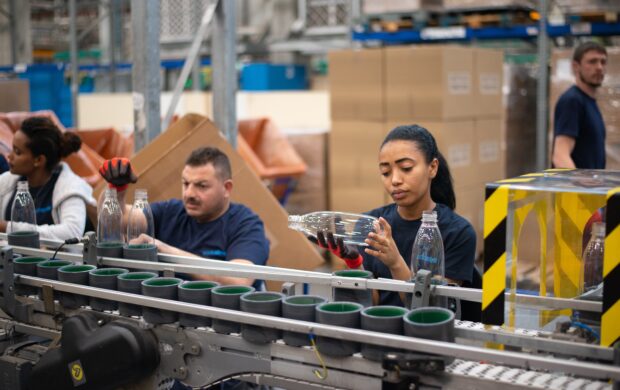

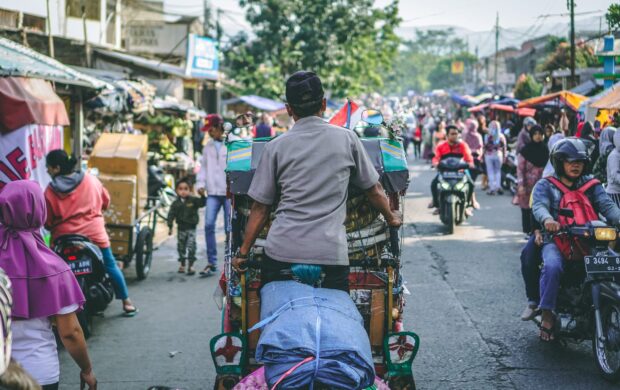
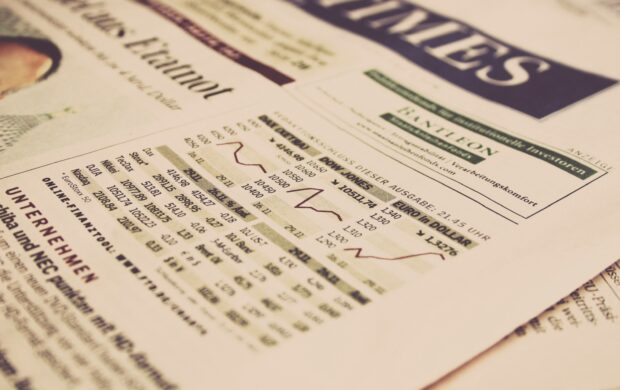


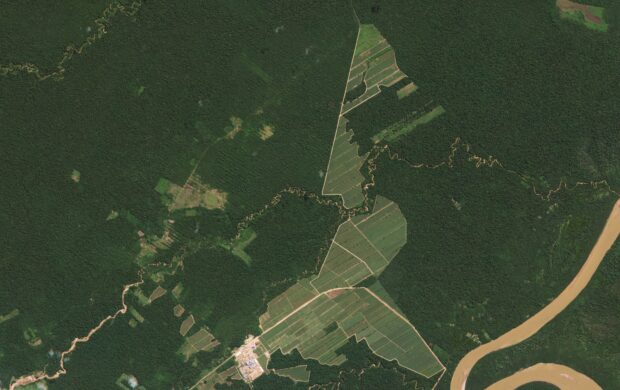
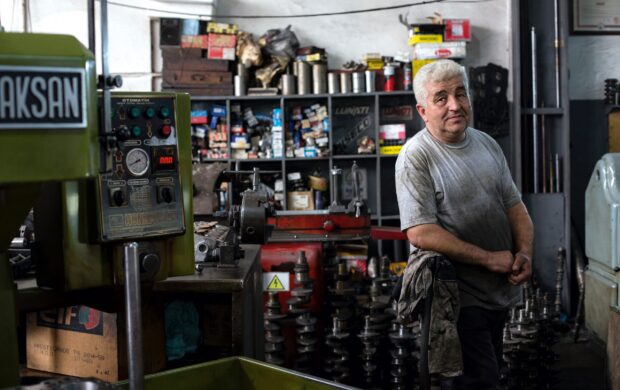

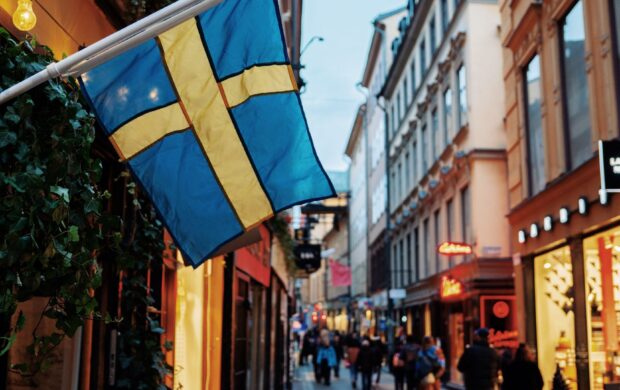





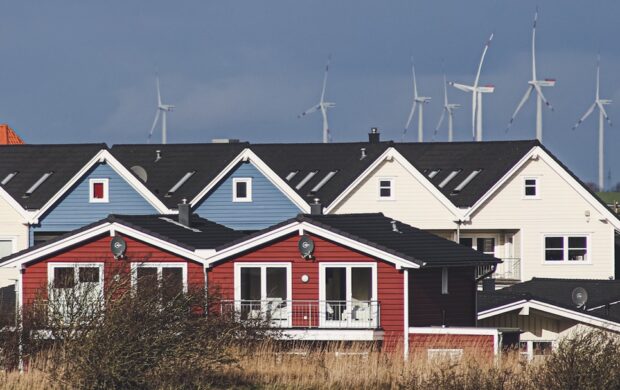

Join discussion